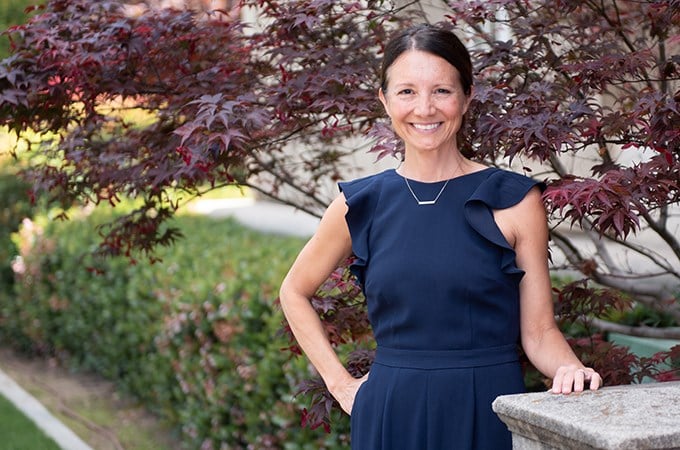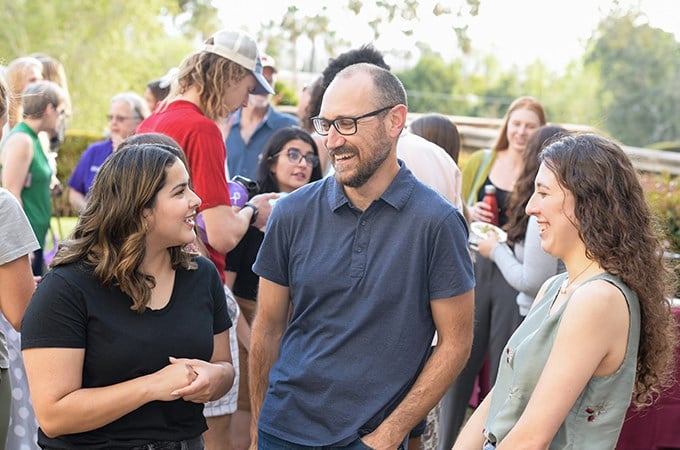University of Redlands Emergency Alert System
Alert Received: . For more information, visit: https://www.redlands.edu/alert/
University of Redlands
The Health, Medicine, and Society (HMS) program seeks to integrate coursework relevant to the field of medicine from across many disciplines. It is meant to serve students interested in a wide range of career paths, from medical provider (physician, nurse, physician assistant, midwife) to health care administrator, from public health to healthcare policy. The program is built upon the conviction that questions about health and healthcare can only be meaningfully addressed by integrating different disciplinary perspectives. Thus, it provides a framework for navigating a wide range of classes ensuring both breadth of exposure and depth of perspective. Students will devise a personal course of study within the structure laid out below. Due to the integrative and interdisciplinary nature of the program, all HMS students are strongly encouraged to consider making HMS a second major, expanding and enhancing a primary field of study.
The program is structured around four broad areas:
In addition to this interdisciplinary focus, the HMS program is committed to healthcare as a form of service. The completion of an HMS degree requires a practical internship or service project as the foundation of the major capstone.
The flexible, interdisciplinary nature of the program requires careful planning with an advisor. Students interested in the program are strongly encouraged to take the foundational seminar (HMS 100) at the first available opportunity, typically in the first year of studies.

Health, Medicine, and Society Professor Kendra Nelson uses her experience in the healthcare industry to help students launch their careers.

After receiving an interdisciplinary education at the U of R and setting her sights on a career as a physician assistant, Allison Busch ’21 chose to pursue a graduate degree.

“It is really humbling to be nominated with such exceptional teachers and to be recognized by students for the work that we all do," Krueger said.